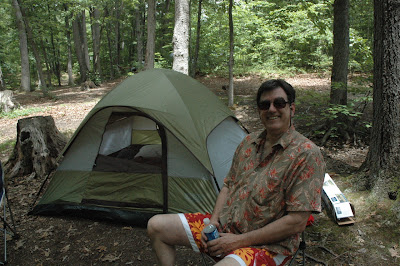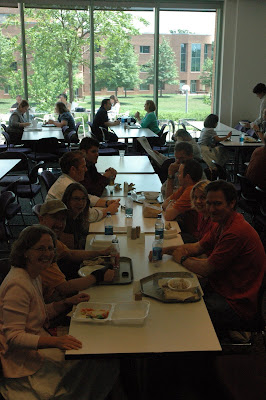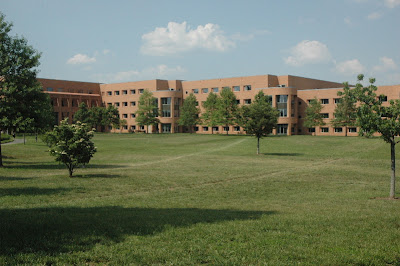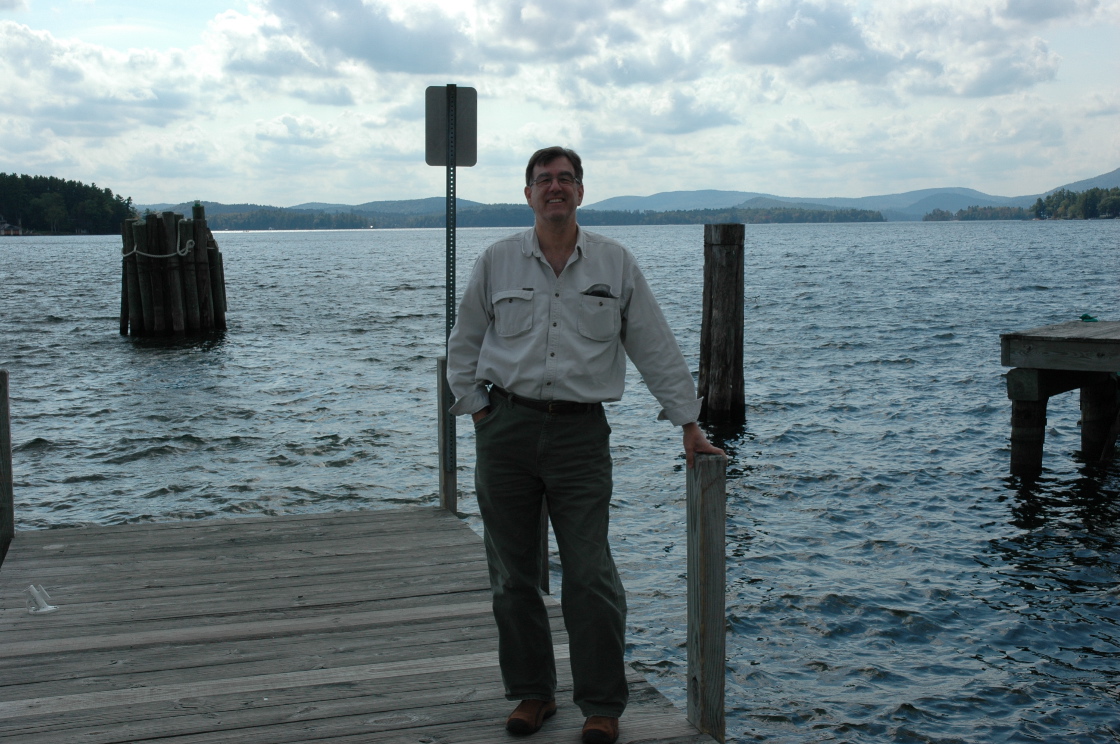A legitimate US passport is a highly sought after document. It is proof of American citizenship and is forged and counterfeited almost as often as our money. The documentation required to acquire a legitimate passport is forged and counterfeited in far greater numbers than the passports themselves. Passport adjudication requires that someone check each piece of submitted documentation and determine its legitimacy and then to approve or disapprove the application. We call approving a passport application based on forged documentation "making an American". Once a person holds a legitimate US passport, they are an American. Those of us from the Foreign Service who were press-ganged into adjudication probably "made" a lot more Americans than the Civil Servants who were hired to adjudicate as their vocation, but we also knocked the numbers in the backlog down quite a bit too and I personally think of "making Americans" as "expanding the tax base".
We also check for "Holds" or reasons why a US citizen cannot be issued a passport. The most common Hold and the one that gives us the greatest pleasure for denial, is 'non-payment of child support'. If you are a deadbeat parent, mother or father, you cannot have a passport until the money you owe in child support is paid in full. The national media have carried several stories about the huge amount of money that's been collected from deadbeat parents who have just learned that they can't even go to Canada or Mexico with their new husband/wife until their debt is paid. It was the little pleasures, like catching deadbeats, that kept us all from going insane.
Mostly Passport Task Force was Passport Purgatory; a place where we had a meeting at nine o'clock every morning to be told that day's new rules. The rules on stapling and unstapling the packets of documents changed every day, as did the rules regarding the second photo and so did the rules on when we were supposed to work and when we weren't. Initially, we were required to put in at least 48 hours a week. This included a Saturday, but we could work longer hours on weekdays to cut down on the time we had to spend in the office on Saturday. Then the rule changed and we could only work eight hours a day on weekdays and had to put in eight full hours on Saturday. Then the rules changed again and we were told that we could no longer work through lunch, but had to put in eight and one half hours per weekday with a half hour lunch. Saturdays would be paid as overtime and a four page memo was sent to us describing the forms we had to fill out to actually receive the overtime pay for the mandatory hours worked. However, if you were a GS10-10 level or higher you wouldn't receive time and one-half but straight time. That was later clarified (during a subsequent 9:00am meeting) to assure everyone that no one would take an actual cut in pay for working the mandatory Saturday overtime. When it was pointed out that most of us are not on the GS payscales, we had to have another 9:00am meeting to address that bit of news. Periodically, one manager or another would wander through, apparently, to boost morale and our shackles would be loosened slightly so we could applaud. On the plus side, one very senior member of the State Department sat at a desk and worked alongside us for the better part of two weeks. That really did have a tremendous effect on morale and the example he set was extremely positive. Also, the on-site supervisors were excellent and offered support, knowledge and great attitudes.
So, in spite of senior management's best efforts, we managed to significantly reduce the amount of the backlog with a lot of good-natured kidding around and a little bit of hard work. I personally viewed it as an interesting experience, but I'm glad that I've completed my assignment and am now in Urdu full time.
I've had four months of Early Morning Urdu lessons. My routine was simple, I would report to Urdu, have a one hour lesson (usually with Malik Sahib) then go on to another course or, through August, rush downtown to do passports. However, for the next nine weeks I won't have anything other than Urdu to occupy my time and thoughts. It began today with a full day of orientation and tomorrow we get right into reviewing what I've learned during the past four months. After two weeks of review and evaluation, the Urdu language staff will begin to help me move up to the next level. In my case, I have to go up to reach a Zero/Zero, but I'm determined to put in the required time and effort. I'll have about four hours of classroom time a day with a different teacher each hour and then mandatory language lab time followed by at least three hours of homework (self-study) each night. The schedule is pretty intense and leaves precious little time for Fantasy Baseball.
There are six of us in the Urdu group. A fellow about my age took the seat next to me and we introduced ourselves. His name is David and I asked him if he's being sent to Pakistan. "I'm hoping to get there, if they change the rules," he said. I wondered what rules had to change and he explained that he's an EFM (Eligible Family Member) and, currently, EFMs aren't allowed to accompany their FSO spouses to Islamabad. "So," I said, "is your wife already working in Islamabad?" David said that she was already there and he was hoping to join her after completing the Urdu course. "That's nice," I said, "what does she do there?" "She's the Ambassador," he said.
I believe I've heard of that job.

Passport adjudication requires a keen eye, a dogged perseverance, an attention to detail not found in the common man and the two stamps I'm holding in my hands.

















